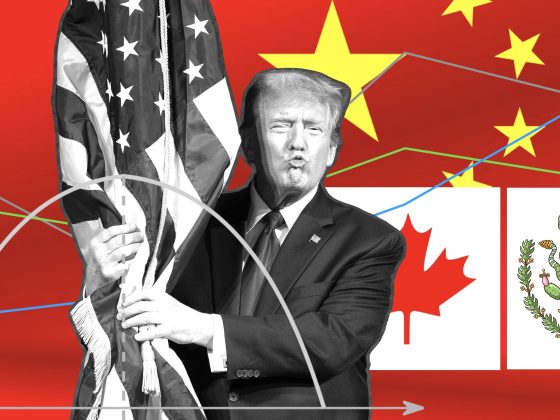
I’ve been reading the day-by-day progress reports about Argentina’s debt renegotiations with bemusement.
Breathless reporting of the details of the Argentine government’s offer to bondholders – and their non-attributed expressions of disappointment in response –tend to presuppose there is doubt in the outcome.
I just don’t see it.
For months I’ve been assuming that the negotiations will be a bust and ultimately Argentina will default. As I’ve stated previously, the main reasons are that Argentina knows it has little prospect of re-accessing international markets during this administration, even with a deal.
I have some sympathy with the belief that it would be better to spend the interest payments on an economy that is in deep recession and has huge investment needs to address large social problems rather than pay money to financiers, whose view that lending their money to a nine-times-defaulting sovereign was a good bet.
I also believe, and as I set out in February, that any – however unlikely – agreement would simply contain the seeds of the next default.
Argentina’s economy is just too broken to become sustainable with any level of debt repayments that bondholders would accept – an issue that is horribly exacerbated by the administration’s economic policies.
But is it time for some radical thinking beyond Argentina’s recurring woes? Is the whole system around international defaults flawed?
Recovery value
Expecting insolvent countries, who are looking to emerge from a crisis, to be able to agree on a recovery value with the bondholders, who are trying to scrape as much back from their failed investments, is illogical.
Future bondholders’ interests are not aligned with current bondholders. The more that yesterday’s investors can recoup from the default, the less likely that future investors will see their investments endure to maturity – and therefore the more expensive the debt. It’s a self-fulfilling dynamic.
Maybe international sovereign debt should be structured so that hard currency debt holders and governments – and even their populations – are all aligned
And why do bondholders get the right to any recovery value anyway? The obvious answer is to enable the defaulting country to re-access markets.
But let’s apply an absolute meaning to buyer beware.
Most of today’s bondholders weren’t the original buyers – they’ve bought somewhere along the decline – as bonds move into volatile, distressed territory to get some big, risky yields.
Maybe international sovereign debt should be structured so that hard currency debt holders and governments – and even their populations – are all aligned.
GDP warrants
Those debt instruments exist: GDP warrants, in effect, so that investors have a stake on the upside.
If all sovereign hard currency debt had to be GDP warrants, it would create alignment and these new sovereigns could benefit from intern wisdom – what works, what doesn’t.
Following default, and when working on the structures for this new version of the defaulted country, one side would inform the other, with both incentivized to maximize GDP growth in the coming years.
Ultimately, the sovereign would still be, well, sovereign, but it will get cheaper finance due to simple demand for the debt of the next iteration of the country, which in turn gives it an incentive to create sound constitution and economic policies – fiscal responsibility laws, sovereign wealth funds, etc.
There would be no more bouts of Dutch disease locking populations into impoverishing cycles. It would encourage best practice and long-term thinking – education and healthcare policies could be set out in newly printed constitutions that remove the perennial tension between the common good and short-term political goals and financial constraints.
After this global crisis, so many countries are going to emerge with unsustainable debts that, conversely, this could be an opportunity to look again at the problem of misalignment of interests during sovereign default.
And perhaps there is even a way to bring old-debt holders into the new regime.
Bondholders of defaulted debt could receive zero coupon 10-year warrants with principal repayment linked to GDP performance over the coming decade, and the secondary market would enable them to cash out earlier.
I’ll leave the details to someone more technical, but it’s a thought.









